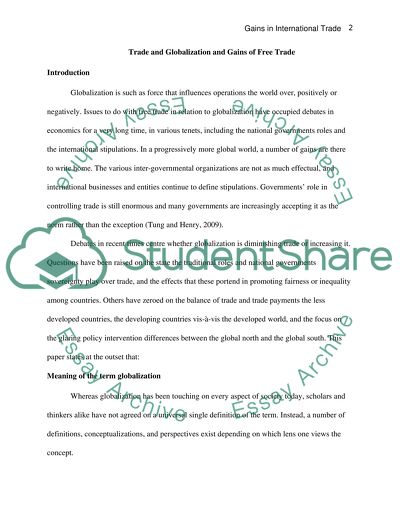Cite this document
(Trade and Globalization and Gains of Free Trade Essay - 2, n.d.)
Trade and Globalization and Gains of Free Trade Essay - 2. https://studentshare.org/macro-microeconomics/1577193-globalization-and-the-gains-from-international-trade
Trade and Globalization and Gains of Free Trade Essay - 2. https://studentshare.org/macro-microeconomics/1577193-globalization-and-the-gains-from-international-trade
(Trade and Globalization and Gains of Free Trade Essay - 2)
Trade and Globalization and Gains of Free Trade Essay - 2. https://studentshare.org/macro-microeconomics/1577193-globalization-and-the-gains-from-international-trade.
Trade and Globalization and Gains of Free Trade Essay - 2. https://studentshare.org/macro-microeconomics/1577193-globalization-and-the-gains-from-international-trade.
“Trade and Globalization and Gains of Free Trade Essay - 2”. https://studentshare.org/macro-microeconomics/1577193-globalization-and-the-gains-from-international-trade.


